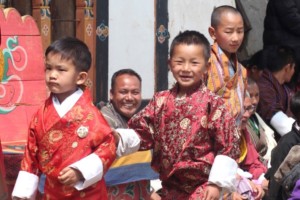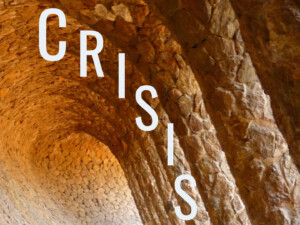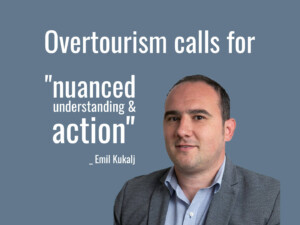Not so happy: Bhutan’s dysfunctional tourism strategy
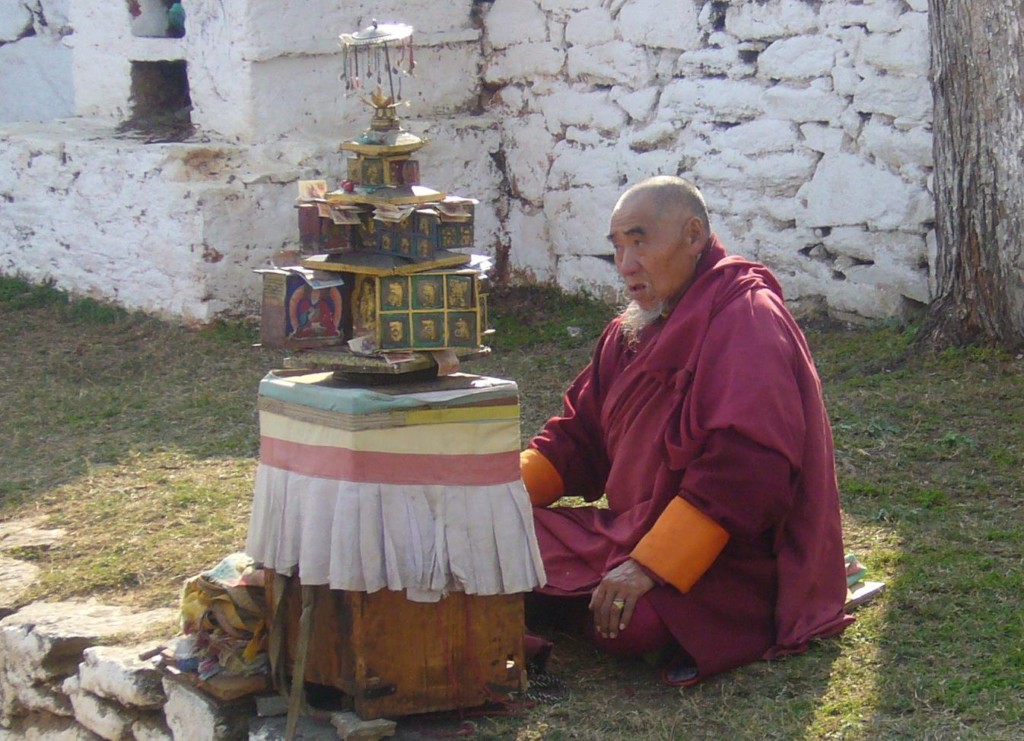
The reality of Bhutan tourism is more gross dysfunction than gross happiness, according to Rieki Crins in this “Good Tourism” Insight.
UPDATE, May 2021: This “GT” Insight from July 2017 contrasts with the April 2021 “GT” Insight by Dorji Dhradhul of the Tourism Council of Bhutan: “High value, low volume tourism: Is Bhutan’s old normal the world’s new normal?”. Dr Crins chose not to update this post and was happy for it to be given another round of publicity.
Bhutan, the small Himalayan kingdom famed for its Gross National Happiness development model — which was even mentioned in the American TV series Orange is the New Black—has an aura of mystery, spirituality and secrets.
The Kingdom of Bhutan is oft-regarded as “the last Shangri-la”; a place where its people live a modest, happy life guided by wise and enlightened leaders.
And the wealthy, intrepid travellers who make it there have it all to themselves …
Sadly, the reality is different.
One of the world’s high-end holiday destinations, which was first visited by the rich and/or famous, Bhutan has a system called controlled tourism. This controlled tourism has been praised by the outside world because it prevents mass tourism, especially backpackers. Bhutan did not want to make the same mistakes as Nepal.
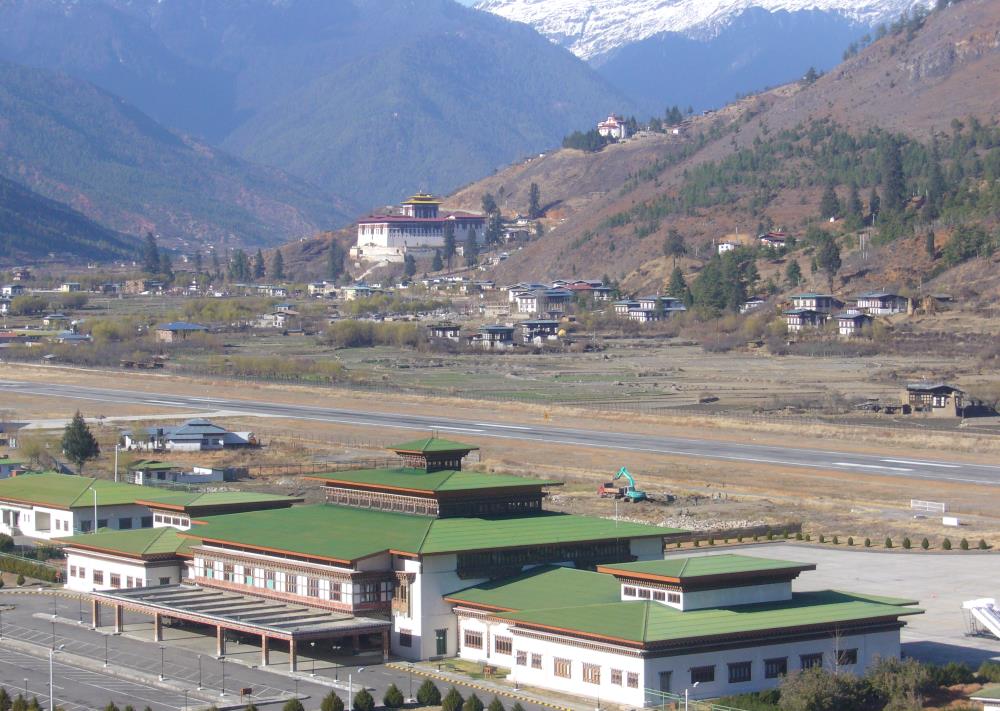
Controlled tourism in Bhutan means that every tourist needs to pay a minimum of US$250 per day. For example, if you travel to Bhutan for 10 days you need to pay a Bhutanese travel agency a minimum of US$2,500. However, if you are traveling alone or as a couple there is an extra fee on top of this amount.
From the daily US$250, US$65 is taken out as tourism tax. The balance is for the travel agency who will choose the hotels, restaurants, and guides — basic hotels, simple restaurants, and very mediocre guides. The result is that as the guest you do not have any free choice.
I met many tourists in Bhutan who were very unhappy with their guides and the whole system. Many guides were not very motivated, did only the minimum for their guests, and were not willing to comply with the wishes of tourists.
Bhutan’s controlled tourism system also prevents a healthy market for restaurants and hotels. Because all the power lies in the hands of the travel agencies, they can force hotels and restaurants to give them the lowest possible prices — so low that many of these enterprises do not make any money.
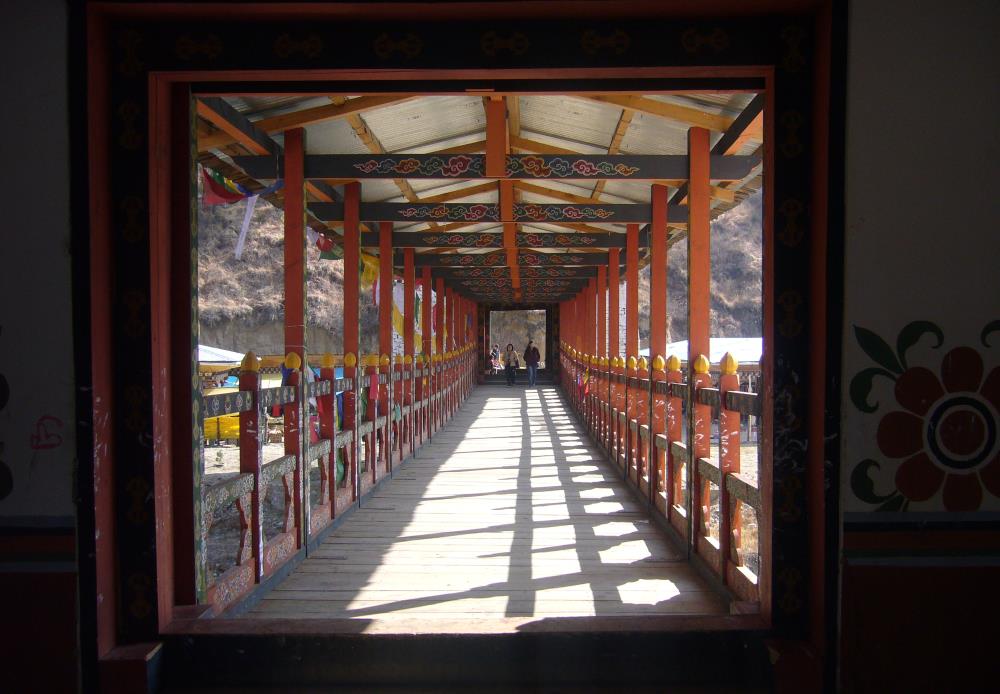
Overtourism … in Bhutan!
In 2017, Bhutan receives around 100,000 tourists per year. This does not seem a lot, but in a country of 700,000 inhabitants it certainly is.
Most tourists visit the country during the festival seasons of spring and autumn. These festivals are so overcrowded that the Bhutanese are considering banning tourists from the authentic festivals and laying on festivals just for tourists.
And while as a tourist you will have paid a lot of money to fly to and to be in Bhutan, you are not the only one there; you must stand in line and wait your turn to visit that mystical Tiger’s Nest as you would at any other attraction anywhere in the world.
Slowly the PR machine is turning against the country. Tourists are seeing first-hand that the Bhutanese are not the happiest people on this planet; that there is grim poverty in the country; that it’s not some idyllic Shangri-la.
Still Bhutan is a beautiful country with friendly people. However, with the realities on the ground — the lack of facilities, a narrow-minded and greedy tourism industry, and the controlling vision of its leadership — can Bhutan remain a high-end destination?
What do you think? Share a short anecdote or comment below. Or write a deeper “GT” Insight. The “Good Tourism” Blog welcomes diversity of opinion and perspective about travel & tourism because travel & tourism is everyone’s business.
Featured image (top of post): A monk with a Tashi Gompa, a very rare portable temple for good luck, by Dr Rieki Crins
About the author
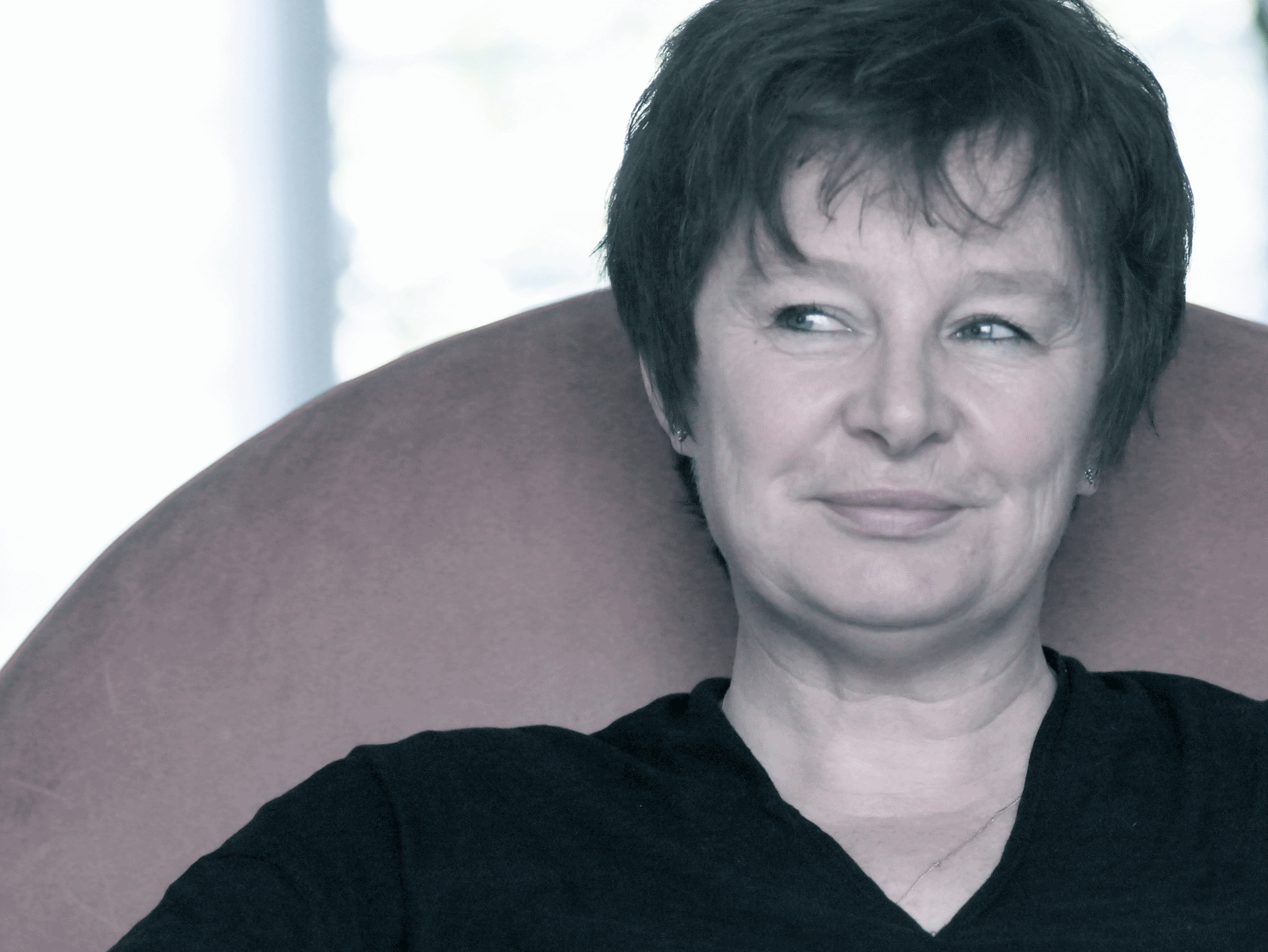
Cultural anthropologist Dr Rieki Crins has spent more than 20 years developing her expertise in and interacting with the people of Kingdom of Bhutan as well as designing high-end educational and cultural tours not only to Bhutan but also the Eastern Himalaya (Sikkim), Rajasthan, Zimbabwe, and Botswana.
Dr Crins obtained her PhD on Gender and Sustainability in Bhutan in 2008 at the University of Humanistic Studies, Utrecht and has written two books on Bhutan. She is a speaker and lecturer at universities and institutions such as Oxford University, University of Amsterdam, Siam Society in Bangkok, Thailand, and the TBLI conference among others.
In support of an ecolodge in central Bhutan and a community hospitality college she was setting up, in 2009 Rieki created the Learning Exchange Foundation to raise awareness of Bhutanese culture, holistic lifestyle, and world-view in the West in exchange for Western concepts of professionalism and sustainability. In March 2015, the Learning Exchange Foundation opened the Bongde Institute of Hospitality and Tourism.
Another project of the foundation is the setting up of a not-for-profit hospitality vocational institute for Karen refugees in Myawaddy, Karen State, Myanmar. Alongside this Rieki is working with the Karen Enterprise Ltd. to create an eco-city in Karen State, starting with five jungle ecolodges to create jobs for the Karen refugees who have been living in camps for more than 50 years.


